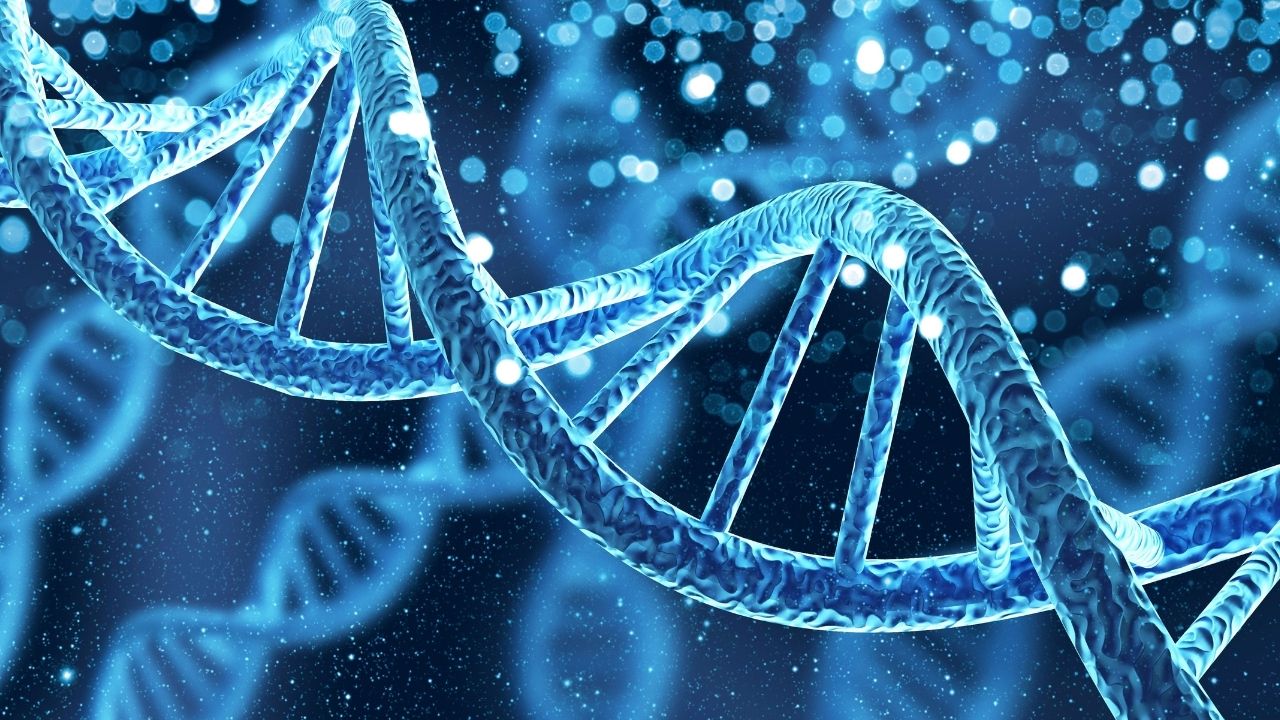Introduction:
Biotechnology, a field at the intersection of biology, chemistry, and technology, has undergone a remarkable evolution over the years. From its early roots in manipulating living organisms for practical applications to today’s sophisticated genetic engineering and synthetic biology, this article explores the advancements in biotechnology and the ethical considerations that accompany these groundbreaking developments.
Early Foundations of Biotechnology: Harnessing Nature for Human Benefit The origins of biotechnology can be traced back to ancient practices such as fermentation and selective breeding. Early civilizations utilized these techniques to improve the quality of crops and develop medicinal substances. As scientific understanding deepened, the foundation for modern biotechnology was laid with the discovery of DNA and the elucidation of genetic principles.
The Birth of Genetic Engineering:
The advent of recombinant DNA technology in the 1970s marked a pivotal moment in biotechnology. Scientists gained the ability to manipulate and transfer genes between organisms, opening doors to the creation of genetically modified organisms (GMOs) for agriculture and medicine. This era laid the groundwork for the genetic revolution that continues to shape the field today.
Advancements in Genetic Engineering:
Precision and Customization Recent years have witnessed unprecedented advancements in genetic engineering techniques. The emergence of CRISPR-Cas9 technology has revolutionized gene editing, allowing for precise modifications in the DNA of various organisms, including humans. This level of precision has far-reaching implications for treating genetic disorders, developing disease-resistant crops, and even editing the human germline.
Synthetic Biology:
The evolution of biotechnology extends to the realm of synthetic biology, where researchers engineer biological systems from scratch. This interdisciplinary approach combines biology, engineering, and computer science to design and construct novel biological functions and organisms. The potential applications range from creating synthetic organisms for industrial purposes to designing customized biological systems for medical treatments.
Medical Breakthroughs and Therapeutic Advances:
Biotechnology in Medicine Biotechnology has made remarkable contributions to medicine, ranging from the production of life-saving drugs through genetic engineering to the development of personalized medicine based on an individual’s genetic makeup. Therapeutic advancements include the production of biopharmaceuticals, gene therapies, and targeted cancer treatments, ushering in a new era of precision medicine.
Gene Editing and Disease Prevention:
CRISPR-Cas9 and other gene-editing tools offer unprecedented opportunities for preventing and treating genetic diseases. The ability to modify specific genes associated with hereditary disorders holds the promise of eradicating certain genetic conditions from future generations.
Ethical Considerations in Biotechnology:
Balancing Innovation and Responsibility The rapid pace of biotechnological advancements brings forth ethical considerations that necessitate careful reflection and regulation. Issues such as genetic privacy, the potential misuse of gene-editing technologies, and the creation of genetically modified organisms raise ethical dilemmas that require a delicate balance between scientific progress and ethical responsibility.
Controversies Surrounding Germline Editing:
The prospect of editing the human germline, which involves modifying the genetic material passed on to future generations, has sparked intense ethical debates. Questions about the potential unintended consequences, the creation of designer babies, and the long-term impact on human evolution underscore the need for robust ethical frameworks and international guidelines.
The Future of Biotechnology:
Promises and Challenges The trajectory of biotechnology points towards a future filled with exciting possibilities and complex challenges. As researchers continue to unlock the mysteries of the genome, the potential for treating and preventing diseases, enhancing agricultural productivity, and addressing environmental concerns becomes increasingly tangible. However, navigating ethical considerations, ensuring equitable access to biotechnological advancements, and mitigating potential risks remain critical for responsible and sustainable progress.
Conclusion:
The evolution of biotechnology represents a testament to human ingenuity and the relentless pursuit of scientific knowledge. From humble beginnings in ancient practices to the sophisticated techniques of genetic engineering and synthetic biology, biotechnology has reshaped our understanding of life and opened new frontiers in medicine, agriculture, and beyond. As we stand at the precipice of unprecedented possibilities, it is imperative to approach these advancements with ethical awareness, ensuring that the benefits of biotechnology are harnessed responsibly for the betterment of humanity and the preservation of our shared environment.








